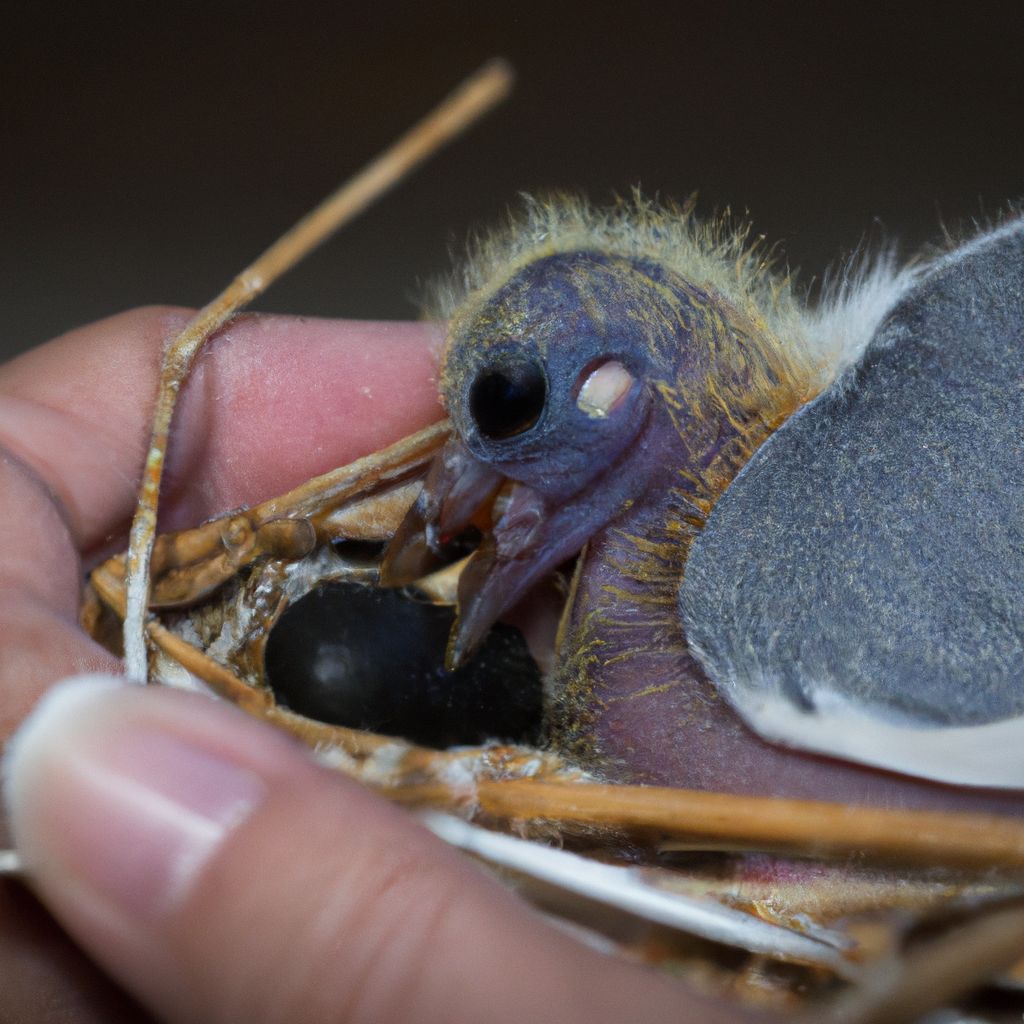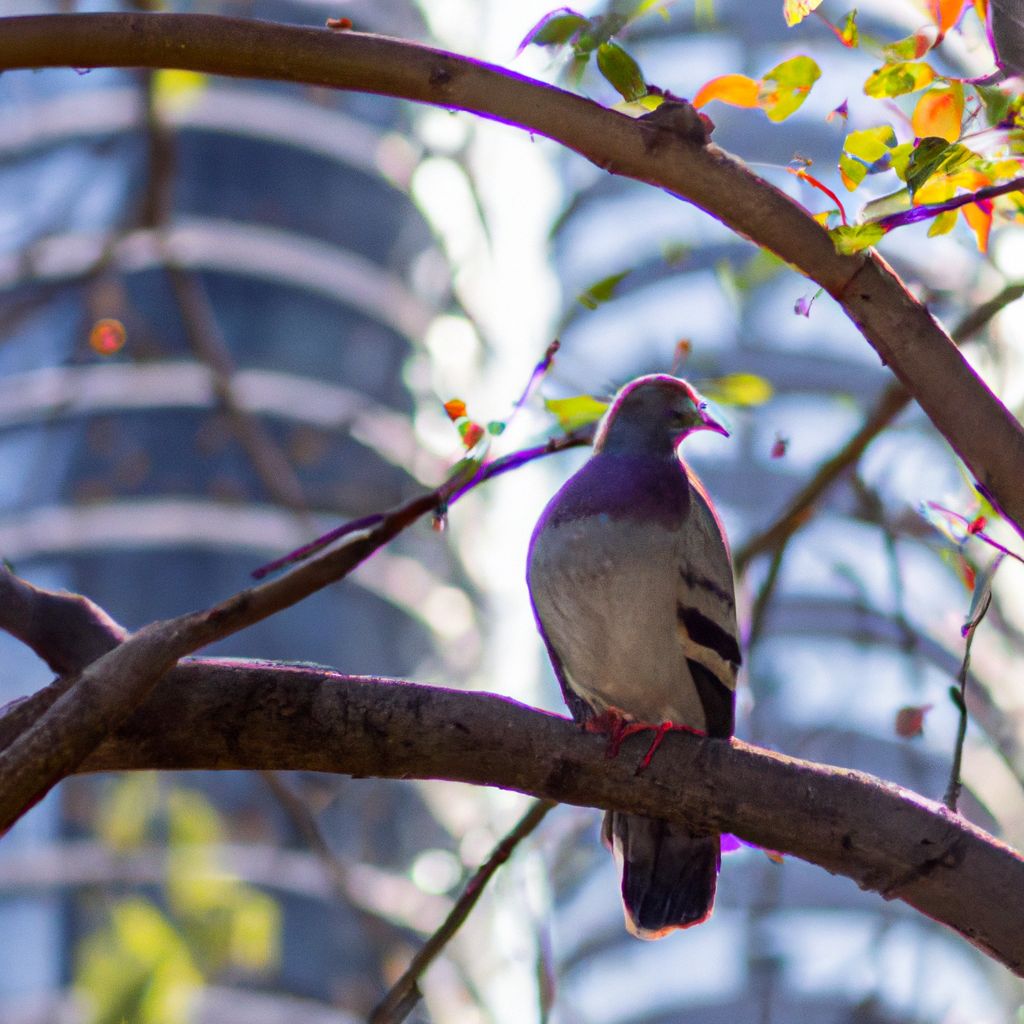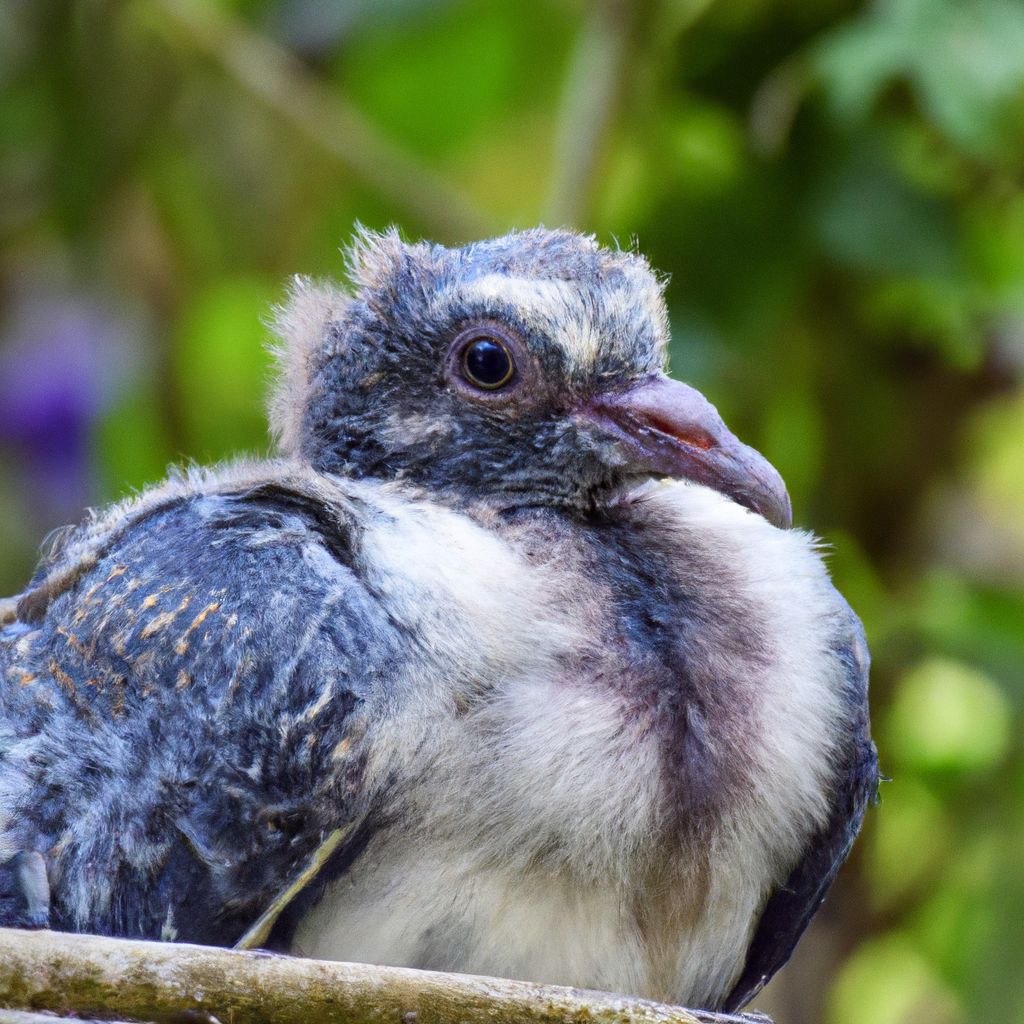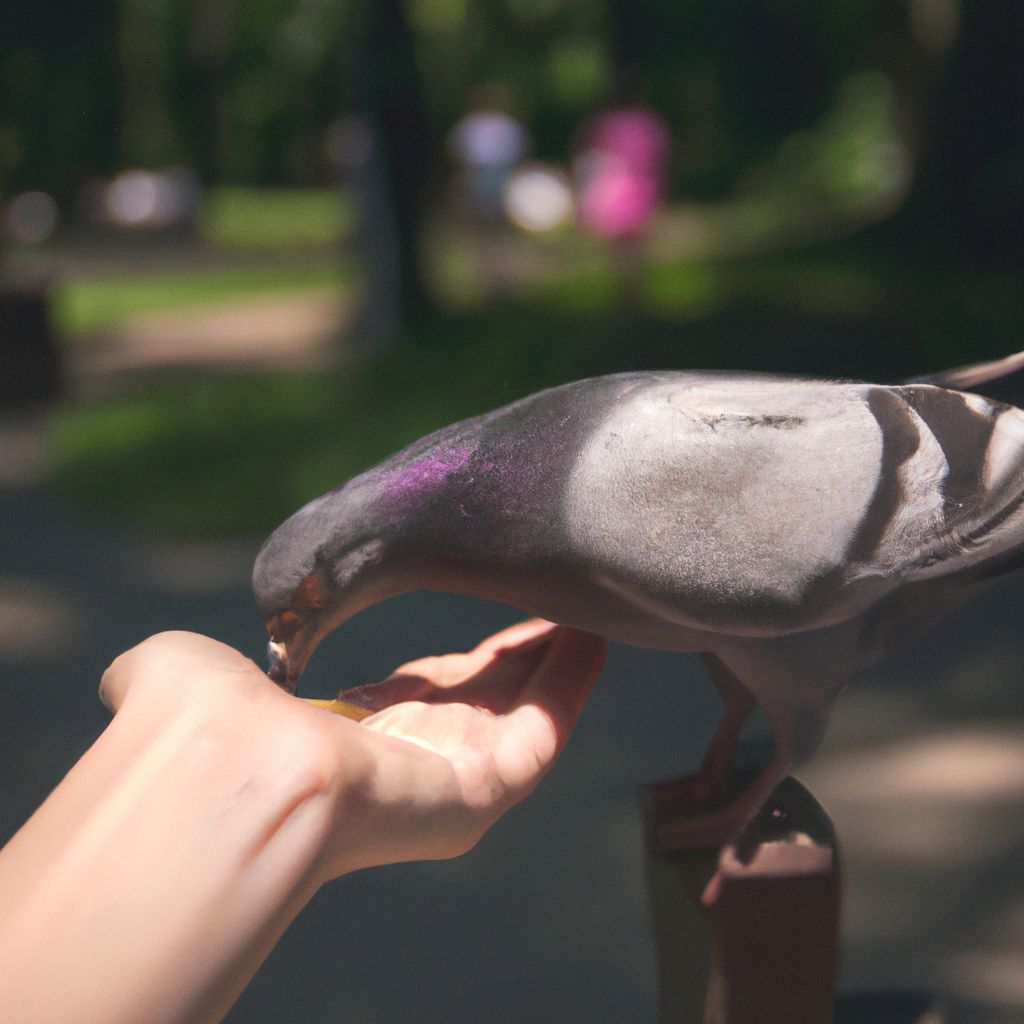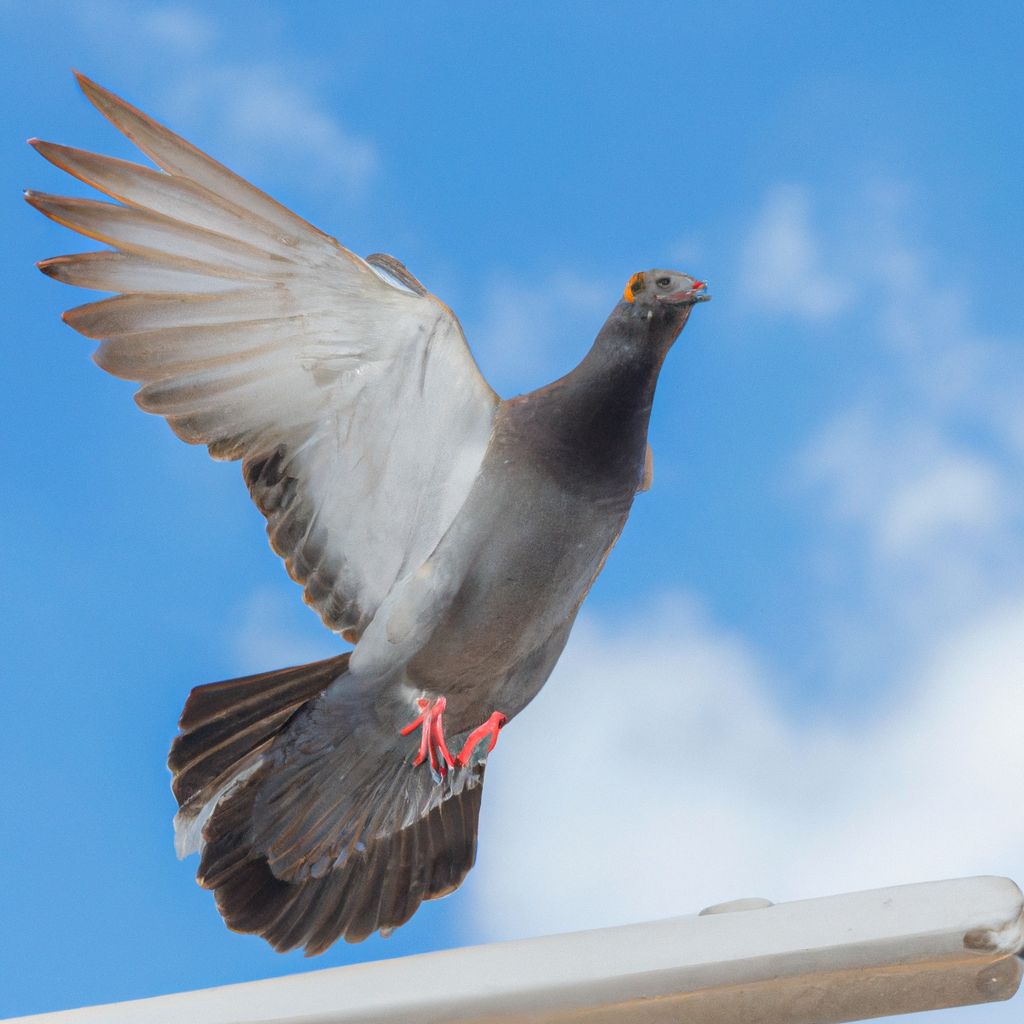Key takeaway: Understanding the characteristics and development stages of baby pigeons is important for proper feeding and care. Crop milk, which is produced by the parent pigeons, is an essential and nutritious food source for baby pigeons. Feeding options for baby pigeons include commercial formulas available for purchase and homemade alternatives. Introduction Photo Credits: Chipperbirds.Com
Archivos del Autor: kira Alyona
Key Takeaways: Pigeons coo to communicate: Cooing is an important form of communication among pigeons, serving various purposes such as attracting mates, asserting territory, and warning against predators. Different types of cooing convey different meanings: Pigeons use different cooing patterns and sounds to express specific messages, allowing them to effectively communicate within their social structure.
Key takeaway: Unique characteristics of baby pigeons: Baby pigeons undergo a wet to dry transformation after hatching, and their growth milestones include eye opening and physical feature development. Nesting and parental care: Baby pigeons are hidden in unconventional nesting locations, and their parents play important roles in feeding, protecting, and transitioning them to solid food.
Key takeaway: Proper housing is essential for caring for pigeons. Whether choosing an indoor cage or outdoor coop, it is important to consider size, location, and amenities to ensure their well-being. A nutritious diet is crucial for optimal pigeon health. Providing a balanced mix of commercial pigeon feeds and fresh vegetables, while avoiding seed-only diets
Key takeaway: The average lifespan of feral pigeons is 3-6 years, while pet pigeons can live up to 9-15 years, and racing pigeons may live up to 20 years. Feral pigeons face various dangers, including extreme weather, natural predators, traffic hazards, and food waste. Pet pigeons have a longer lifespan due to protection from natural
Key Takeaway: Racing pigeons have a fascinating history and are used in various competitions worldwide. Understanding their traits and abilities is important for pigeon racing enthusiasts. Pigeon racing has evolved over time, from being used as messenger birds in ancient times to becoming a popular sport with different racing methods and competitions. Racing pigeons possess
Key Takeaway: Pigeons have varying lifespans depending on their environment and lifestyle. Wild pigeons generally have a shorter lifespan than pet or racing pigeons. Pigeons are intelligent and social birds. They have unique characteristics and go through a lifecycle that includes breeding and nurturing their young. Pigeons can be kept as pets, but they require
Key takeaways: Pigeon proofing solar panels is important to prevent damage and reduce efficiency losses caused by pigeons. Methods of pigeon proofing include bird spikes, netting and metal mesh, replica predator statues, and wire/mesh netting with bird spikes. The cost of pigeon proofing solar panels can vary depending on factors such as the size of
Key Takeaway: Pigeon-toed, or in-toeing, in adults refers to a condition where the feet point inward instead of straight ahead. This can be caused by various structural factors, such as pelvic structure and fixed anatomical factors. Treatment options for pigeon-toed in adults include both surgical and non-surgical methods. Surgical treatment may be necessary in cases
Key takeaway: The average weight range for adult pigeons can vary depending on different sources, but commonly falls within a certain range. Various factors can affect the weight of a pigeon, such as diet, age, and overall health. Different pigeon breeds have different average weights, with racing pigeons, homing pigeons, tipplers, and fantails being notable

